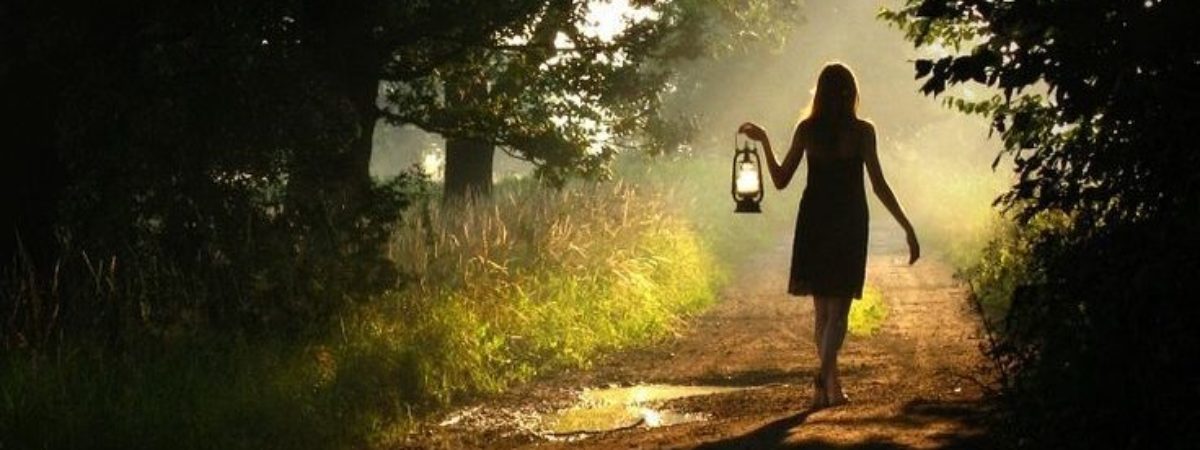“God breaks the heart again and again and again until it stays open.” ~ Hazrat Inayat Khan
******
“My heart is sore.”
A good friend spoke those words many decades ago about the horrific flooding situation in Venezuela. She had lived and worked in that country as a missionary for almost 30 years. She knew the people. Their hunger. Their thirst. Their poverty.
Now, to see so many dead, so many lost, devastated her. So when I asked her that day how she was, she answered, “My heart is sore.”
Her choice of words still rattles around in my brain. They have brailled themselves on my spirit and I have found myself asking: “How often do I allow my heart to be sore?”
For me, my heart continues to be sore as I watch my father decline, a man who once communicated from his soul, helping others, now unable to speak coherently. For others, that heart-tenderness may be an illness, or a death, job loss — some life crisis — that will present a choice, either to harden their hearts or to allow them to be sore and cracked open.
At first, we many defend and protect our fragile hearts. Shut them down. To allow our hearts to feel to the depth of “soreness” means that we have to be vulnerable. And that openness can be downright frightening. And for a time, perhaps we need to honor the walls around our wounded hearts.
But eventually, if we are willing, we can allow our hearts to crack open. To grow into our authentic selves, we must give our hearts the space to feel the depth of genuine and mature love.
And along the way, we will discover this harsh truth: Love will demand much of us. Loving is difficult. Just as author and psychologist Scott Peck wrote in his spiritual classic The Road Less Traveled that life is hard, I believe, too, that loving is hard.
Genuine love demands sacrifice and often challenges us to move beyond our comfort zones. And this can hurt. It can make our hearts sore. And who wants to do that?
Thankfully, if we are blessed, we have been graced with some wonderful teachers and way-showers on our journey toward love. They have loved us in small and yet unconditional ways so that we might shine. In other words, they have stepped back into the shadows by virtue of their love and self-forgetting so that we might step forward into our own brilliance.
In my own life, there have been many — my father, mother, good and gentle friends. All have encouraged and supported me. At times when I have lost hope, didn’t think I could go another step, was not loving myself, they were standing at my side, encouraging me, “You can do it.” Or they have consoled, “Everything will be OK. I know it.”
 But even beyond words, they have backed up their love with actions. And therein, I believe, is the heart of love.
But even beyond words, they have backed up their love with actions. And therein, I believe, is the heart of love.
I remember my father heading off to work before daylight so there would be food and shelter for our family. I recall the times we took vacations and day trips when he could have used that time to rest. I can still see my mother cooking breakfast and packing lunches and plowing through endless mounds of wash.
I bring to mind a high school English teacher who taught us more about life than literature. Instead of discussing “The Scarlet Letter” one day she scribbled in chalk on the blackboard: “What is love?” and then asked us to share our thoughts. And I recall a dear friend who had enough love to challenge me to see my failings when I couldn’t see them.
In hindsight, this type of love implies one thing — movement away from self and toward the other. This is the self-forgetting of love that is so difficult. Many parents know this kind of love. So do those who are challenged into caring for an aging parent, relative or partner.
When this type of love is extended, we truly are like God, like the Divine who loves us all. Love is, at its heart, spiritual. And radical. I think Scott Peck defines love best:
“Love is the will to extend one’s self for the purpose of nurturing one’s own or another’s spiritual growth … love is an act of will, namely both an intention and an action. Will also implies choice. We do not have to love. We choose to love.”
When we choose to love, our hearts indeed become sore. But just as soreness fades after exercising, renewing the fatigued muscles and making them stronger, so, too, do our hearts become stronger each time we are loving. Each time our hearts are cracked open in love, they grow and expand to a depth that enriches us and others — beyond all measure.
But it takes courage. And only we can make that choice.
